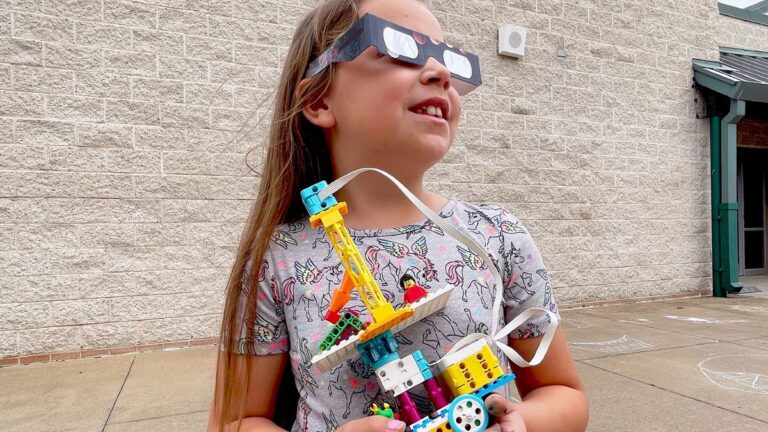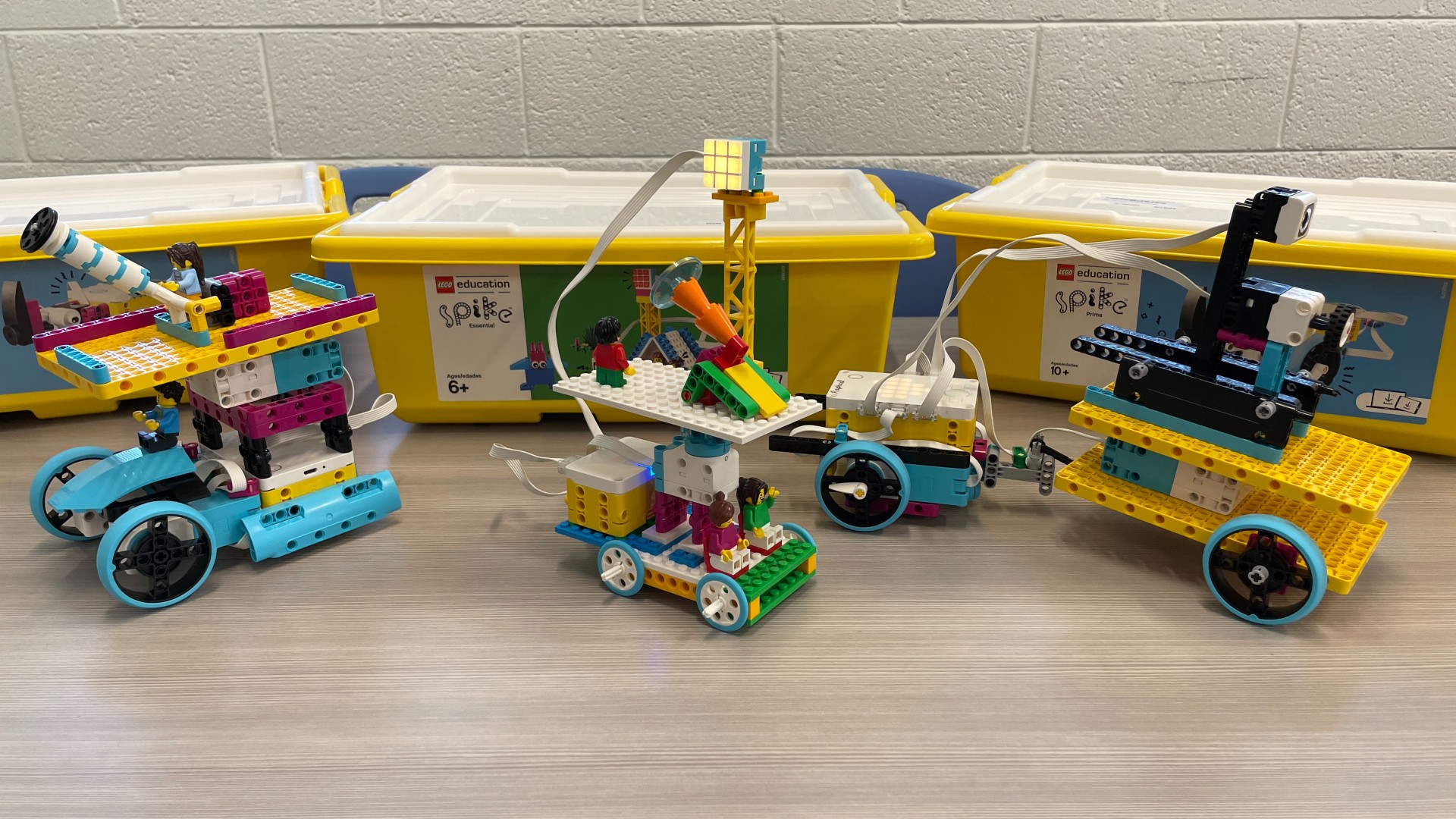
[ad_1]
Lego has launched a new solar eclipse education collection featuring special activities to engage students in the upcoming total solar eclipse on April 8.
On Monday, April 8, 2024, a total solar eclipse will pass over Mexico, 15 U.S. states and Canada. A solar eclipse occurs when the moon passes between Earth and the sun, casting a shadow on Earth’s surface. For those in the path of totality, the moon appears almost exactly the same size as the sun, so it blocks the entire disk for a few minutes. However, on April 8, all of North America will experience at least a partial solar eclipse, weather permitting.
The Lego eclipse collection includes activities to help students learn about the science behind this unforgettable event. The activities were created by teachers for teachers, and can be completed using Lego bricks, Lego Education sets or common classroom materials, making them flexible and fun for all grades and subjects, according to the Lego announcement.
Related: Total solar eclipse 2024: Everything you need to know
The solar eclipse exploration activity includes four mini missions that focus on concepts of motion and light. The missions encourage students to design and engineer Lego structures that simulate an eclipse. The activities guide students through creating models of the Earth, sun and moon; learning about how shadows are cast by blocking light, and creating a pinhole projector to view a solar eclipse safely.
“Students always want to know how anything relates directly to THEM and THEIR lives,” Jillian Johnson, a STEM Education Professional and creator of the Solar Eclipse Exploration activity for Lego, said in the announcement. “When my students are given the opportunity to apply what they are learning to real-world experiences, they not only understand the concepts more deeply, but other aspects of themselves as an individual learner also become strengthened.”
Another activity from the Lego eclipse collection encourages students to design a mobile observatory. The activity includes resources such as question prompts and design guidelines, demonstrating how tools like telescopes help scientists study celestial phenomena like the solar eclipse.

Other activities in the eclipse collection include graphing the amount of darkness and light in a month, and designing and building a messaging device that uses light or sound to communicate over a distance and controlling a light matrix to show images and write words. All of the eclipse activities can be accessed online for free.
Keep up to date with the latest eclipse content on our eclipse live blog and watch all the total eclipse action unfold live here on Space.com.
Editor’s Note: If you snap an amazing solar eclipse photo and would like to share it with Space.com’s readers, send your photo(s), comments, and your name and location to [email protected].
[ad_2]